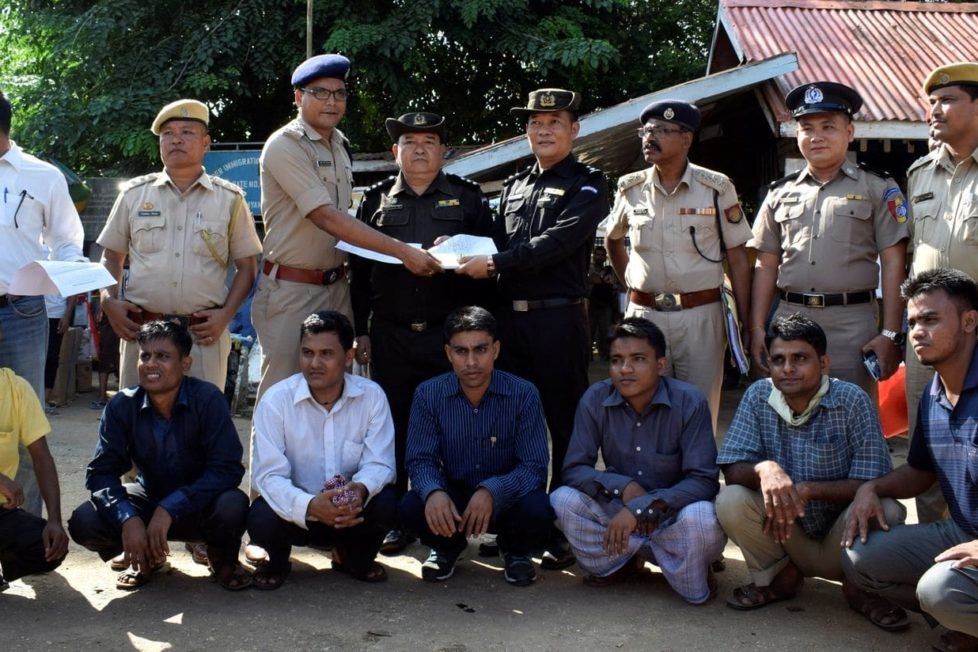Tipping Point for Indian Supreme Court. India is not a signatory to the 1951 Refugee Rights Convention; there is no legal obligation to protect illegal entities.


Arrests of Rohingya began on Saturday in Jammu – Indian Union territory, where about 200 refugees were sent to a holding center in a process for deportation.
The 1951 Refugee Convention’s core principle is non-refoulment, which asserts that a refugee should not be returned to a country where they face serious threats to their life or freedom.
Countries like India, Pakistan, Malaysia and Indonesia are non-signatories, and they are non-signatories for various reasons. Chief among those reasons is that they do not wish to attract refugees from unstable neighboring nations.
Illegal Rohingyas were protesting in front of the UNHCR in the Vikaspuri area of Delhi. These are believed to have come from Jammu. UN High Commissioner for Refugees is an organization which works with refugees and helps with aid, rehabilitation, etc.
It should be noted that India is not a signatory to the 1951 Refugee Convention, which outlines the rights of refugees, as well as any legal obligations of states to protect them. Also, India does not have any domestic laws to protect refugees.
Thus, refugees – a category is moot by Indian law. Non-Indians residing in India illegally are exactly that – illegal entities.
This is indeed a tipping point for the Indian judiciary. The Supreme Court is currently hearing a petition filed in 2017 (Salimullah v. Union of India) against the Indian government’s plan to deport all Rohingya Muslims, estimated to be around 40,000, back to Myanmar.
Photo: the Leaflet
DISCLAIMER: The author is solely responsible for the views expressed in this article. The author carries the responsibility for citing and/or licensing of images utilized within the text.
